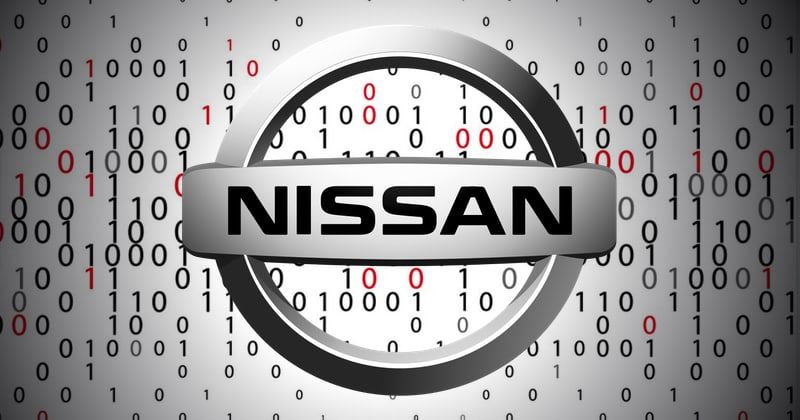Enterprise in APAC to increase IT security budgets

The
increased
complexity
of
IT
infrastructure,
a
need
to
improve
the
level
of
specialist
security
expertise
and
geopolitical
or
economic
uncertainty
are
the
main
factors
driving
cyber
security
spending
for
companies
of
all
sizes,
according
to
latest
edition
of
Kaspersky’s
annual
IT
Security
Economics
report.
A
PWC
study
states
the
heightened
interest
of
business
in
cybersecurity
caused
by
the
increased
use
of
digital
technologies
and
ever-evolving
threat
landscape
has
already
resulted
in
improvements
in
IT
security.
To
explore
how
much
businesses
currently
spend
on
this
crucial
field
and
what
their
plans
for
further
investments
are,
Kaspersky
conducted
3,230
interviews
across
26
countries
from
businesses
with
more
than
50
employees.
Out
of
which,
834
respondents
were
from
Asia
Pacific.
The
poll
suggests
that
IT
budgets
for
cybersecurity
are
set
to
increase
again
over
the
next
three
years
for
both
SMBs
and
enterprises
to
cover
a
range
of
issues.
Median
cybersecurity
budgets
in
2022
were
US$3.75m
for
enterprises
with
$12.5m
allocated
for
IT
generally,
while
SMBs
invested
$150k
in
IT
security
from
$375,000
median
IT
budgets.
In
Asia
Pacific
(APAC),
SMBs
and
enterprises
here
is
set
to
increase
their
online
defense
budget
3%
more
than
the
global
average
at
14%.
Among
the
reasons
to
increase
cybersecurity
spending,
respondents
from
APAC
especially
noted
the
complexity
of
the
IT
infrastructure
(61%
for
both
local
SMB
and
local
enterprise),
and
a
need
to
improve
the
level
of
specialist
security
expertise
(56%
for
both
sectors).
New
potential
risks
occurring
due
to
increased
geopolitical
or
economic
uncertainty
were
highlighted
as
reasons
for
investment
increases
for
45
percent
in
SMBs
and
50
percent
in
enterprise
organisations.
“The
recent
EY
CEO
Outlook
Pulse
revealed
the
combined
pandemic-related
disruptions,
rising
inflation,
geopolitical
tensions,
and
climate
change
haunted
enterprises
in
the
Asia
Pacific
region
last
year,”
says
Chris
Connell,
Managing
Director
for
Asia
Pacific
at
Kaspersky.
“Adding
up
to
this
are
the
cybersecurity
incidents
like
data
breaches
and
ransomware
attacks
which
crippled
major
businesses
in
the
region
in
2022,”
he
says.
“Increasing
spending
on
cybersecurity
is
a
right
step
towards
building
companies
defenses
against
cyberattacks
and
protecting
their
assets
against
black
swans
that
2023
may
bring.”
The
additional
budgeting
hopefully
would
help
local
companies
in
APAC
address
most
concerning
issues
related
to
IT
security.
This
year,
just
over
half
(59%)
of
businesses
consider
issues
with
data
protection
to
be
the
most
challenging.
The
second
most
important
concern
highlighted
by
51%
percent
of
respondents
was
the
cost
of
securing
increasingly
complex
technological
environments,
followed
by
issues
with
cloud
infrastructure
adoption
(44%).
“Business
continuity
is
ever
depending
on
information
security,”
says
Ivan
Vassunov,
VP,
Corporate
Products
at
Kaspersky.
“Nowadays
when
infrastructure
becomes
more
complex
and
cyber-attacks
become
more
sophisticated,
businesses
are
becoming
more
cyber
aware
and
better
understand
the
need
for
protecting
every
asset
inside
the
organidation,”
he
says.
State
regulations
is
another
important
factor
influencing
the
growing
budgets
for
information
security.
These
organisations
require
businesses
to
keep
their
operations
and
data
secure.
Sometimes
regulators
tighten
rules
for
the
whole
vertical
market
or
industry.









